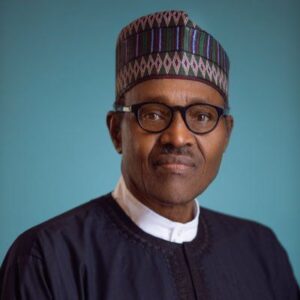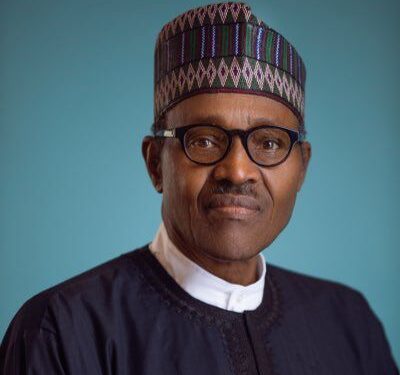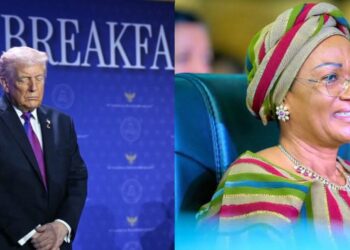....Muhammadu Buhari's Infrastructural Legacy Deserves a Place in Nigeria's History

By Ibrahim Kegbegbe
As Nigeria reflects on the life and legacy of former President Muhammadu Buhari following his recent passing, it is only fair—indeed, it is necessary—to assess his time in office with clarity and balance. For all the criticisms that trailed his presidency, one thing remains undisputed: Buhari redefined the infrastructure conversation in Nigeria.
He may not have been the most eloquent leader, nor the most politically agile, but he was certainly among the most determined when it came to bricks, steel, and cement. Under his leadership, Nigeria witnessed a scale of infrastructural development unmatched in the last two decades.
From the Lagos-Ibadan Expressway—which had languished for years in the hands of bureaucratic delays—to the Lagos-Ibadan Standard Gauge Railway, Buhari’s administration breathed new life into critical arteries of commerce. The railway, in particular, was not just a train line; it was a symbol of ambition, connecting two of Nigeria’s economic powerhouses and reducing the pressures on overburdened roads.
READ ALSO:JUST IN: Shettima Arrives in London to Escort Buhari’s Body Back to Nigeria
And then came the Second Niger Bridge—a project so politically sensitive that many before him dared not touch it beyond laying empty foundation stones. Buhari didn’t just talk. He built it. Today, that bridge stands as a physical and symbolic link between southeastern Nigeria and the rest of the country.
What about the Lekki Deep Seaport? At a time when global trade is evolving rapidly, Buhari’s government positioned Nigeria to become a maritime hub in West Africa. That port, now operational, is already redirecting cargo traffic, reducing port congestion, and attracting foreign direct investment.
In the energy sector, Buhari delivered on long-abandoned projects like the Zungeru and Kashimbila Hydropower Plants, which together added over a thousand megawatts to the national grid—an effort that must be acknowledged even amid ongoing electricity distribution problems.
His administration also revived the Itakpe-Warri Railway after more than 30 years of stagnation. This wasn’t just a transport line—it was an industrial lifeline, linking Nigeria’s mineral-rich interior with the Delta region and enhancing the country’s prospects for industrialization.
Moreover, he didn’t stop at physical structures. With the signing of the Petroleum Industry Act (PIA) in 2021, Buhari resolved a legislative deadlock that had crippled Nigeria’s oil and gas sector for over two decades. For the first time in our history, the NNPC was commercialized, paving the way for a more transparent and investor-friendly energy landscape.
Critics are quick to say that many of these projects were initiated by past governments, and they are right. But what truly matters is who finished them. Nigeria has suffered enough from the syndrome of abandoned projects. Buhari took them seriously and saw them through. That alone deserves commendation.
Of course, we cannot ignore the blemishes on his record. Insecurity festered under his watch, the economy struggled, and many Nigerians slid into poverty. But in the area of infrastructure—roads, bridges, rails, ports, and power—Buhari left behind a legacy that succeeding governments must not only acknowledge but also expand upon.
READ ALSO:Shakespeare Was Wrong: Not Everyone Lives Both Pride and Fear
Let us not allow political biases to blind us to the facts. Infrastructure is the skeleton of a nation’s economy, and Buhari helped strengthen it. As Nigeria mourns, let us also reflect with honesty—and give credit where credit is due.

















